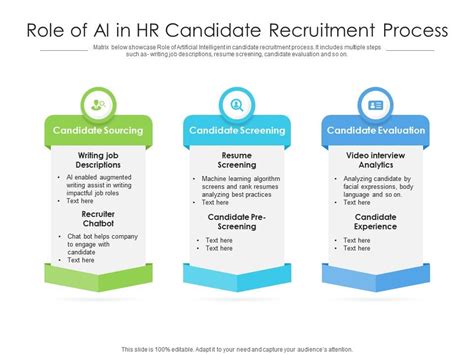Exploring the role of AI in increasing the authenticity of NFTs
Exploring the Role of Artificial Intelligence in Improving NFT Authenticity
The non-fungible token (NFT) market has experienced rapid growth in recent years, with artists, musicians, and collectors alike demanding unique digital assets. However, as the market has evolved, one area that has gained significant attention is the need to verify authenticity. Traditional authentication methods, such as physical certificates or expert appraisal, often fail to capture the nuances of digital ownership. This is where artificial intelligence (AI) comes in—a powerful tool that could revolutionize the NFT industry by improving authenticity.
What are AI-powered NFT Authenticity Solutions?
There are several AI-powered solutions designed to verify NFT authenticity, including:
- Digital Watermarking: This involves embedding a unique digital signature or watermark into an NFT that can be verified by specialized software.
- Machine Learning Authentication: AI algorithms can analyze the metadata properties of an NFT, such as its creation date, artist information, and ownership history, to determine whether it is authentic or counterfeit.
- Blockchain Analysis: By analyzing the blockchain data underlying an NFT, AI-powered tools can identify inconsistencies that may indicate a counterfeit or altered asset.
Benefits of AI-powered NFT Authentication
The use of AI in NFT authentication offers numerous benefits, including:
- Improved Security: AI-powered solutions can detect and prevent counterfeiting better than traditional methods.
- Improved Efficiency: Automated verification processes can speed up the authentication process, enabling faster sales and transactions.
- Improved Data Integrity: AI-powered analysis of NFT metadata ensures that data is accurate and up-to-date, reducing the risk of errors or misinformation.
Real-World Examples
Several companies and organizations have already implemented AI-powered NFT authentication solutions in various capacities:
- Rarible’s Smart Contract-Based Authentication System: Rarible, a popular NFT marketplace, has developed an AI-powered system that uses machine learning to verify the legitimacy of NFTs.
- CryptoSlam’s Blockchain-Verifiable Tokens: CryptoSlam, a digital collectibles platform, has implemented blockchain analysis and AI-powered authentication to verify the authenticity of its tokens.
Challenges and Limitations
AI-powered NFT authentication solutions offer significant benefits, but there are also challenges and limitations to consider:
- Interoperability: Different AI algorithms may have different levels of compatibility, which can lead to inconsistencies in verification results.
- Data Quality: The accuracy of AI-powered analysis depends on the quality and completeness of NFT metadata, which can be inconsistent or incomplete.
- Regulatory Frameworks

: NFT authentication solutions must comply with existing regulations and standards, such as anti-money laundering (AML) and know your customer (KYC).
Conclusion
Integrating AI into NFT authentication is a rapidly evolving field that holds great promise for the digital asset market. As technology advances, we can expect more sophisticated and reliable solutions to address the unique challenges of NFT authentication. By leveraging AI-powered analysis and authentication processes, NFT creators, marketplaces, and investors can gain greater confidence in the legitimacy and ownership of their assets.


